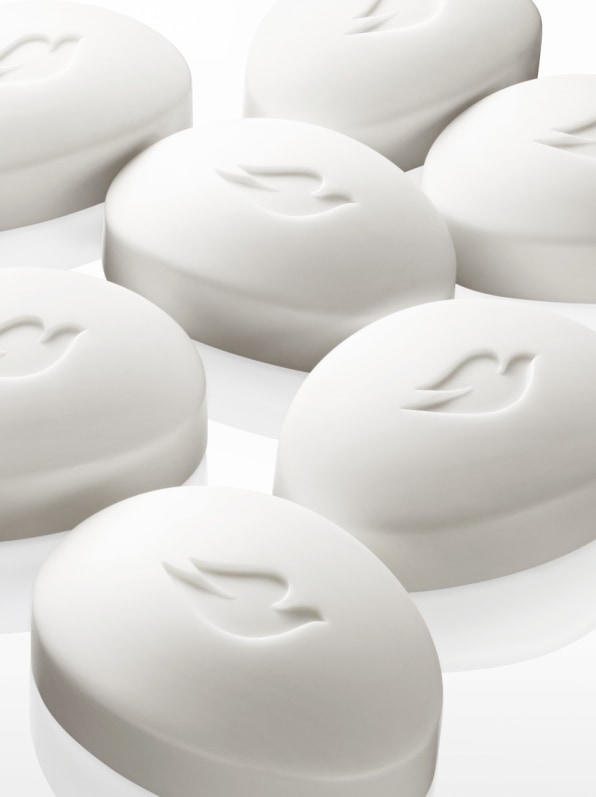
By the end of the year, Dove will start selling shower gel, shampoo, and other products in 100% postconsumer recycled bottles. It’s one piece of the brand’s move away from virgin plastic packaging—including more radical steps like a test of reusable, refillable deodorant packaging made from stainless steel.
“Plastic waste is one of the biggest global environmental and human health issues we face today—an issue being driven by a linear, single-use consumption model,” says Alessandro Manfredi, global executive vice president for Dove at Unilever, the brand’s parent company. Unilever, which owns more than 400 brands, recently announced plans to cut the use of virgin plastic in half by 2025. Dove is one of the largest beauty brands in the world, and the brand’s new plans to cut plastic will reduce virgin plastic use by more than 20,000 tons a year.

The brand doesn’t plan to eliminate plastic entirely, since it says it needs the material to protect the shelf life of products. But in a framework it describes as “no/better/less” plastic, it’s eliminating plastic when that’s possible. Its single-pack Beauty Bar cartons, which are shiny because of a plastic laminate layer, will shift to an alternative plastic-free coating in 2020. Even something like that, which might sound like a minor change, is challenging to implement. “Removing plastic from our . . . beauty bars is a large-scale undertaking, impacting not just primary packaging but also our end-to-end supply chain,” Manfredi says. For multipacks of the product, the company is currently studying sustainable alternatives to cellophane, testing how the new material performs in its factory and in the journey from distribution centers and stores to homes, with plans to begin production in Europe in 2020.
All plastic bottles in the company’s Dove, Dove Men + Care, and Dove Baby lines are shifting to 100% postconsumer recycled plastic, a move that Manfredi says is the way that the company can have the most impact now. Consumers won’t see any difference in quality of the packaging or the cost of the product, but it required work behind the scenes. “Many of our manufacturers had experience in this process, but others found the transition more challenging,” he says. “We effectively created a demand where previously there has been none, so where necessary, we assisted to make the process smooth.” While the material in the bottles changes, the company is still working on solutions for recycled caps and pumps in the packaging, which are made from more complex materials. There’s also a more limited supply of the type of recycled plastic that’s needed for caps. The same limited supply of quality material exists for the plastic used to make deodorant packaging, so the brand is beginning by incorporating the largest percentage of recycled material that’s possible.

Dove is also one of the founding members of Loop, a new platform that sells everyday, mainstream products in reusable packaging. The brand is testing a stainless steel deodorant holder that minimizes waste by “radically reducing the amount of plastic required,” Manfredi says. When the product inside the holder runs out, the brand sends a refill. The deodorant itself might last around a month, but the holder can be reused 100 times.
“As an innovative new business model, Loop has the potential to change the way consumers shop and consume goods by addressing one of the major reasons for disposability: convenience,” he says. “It eliminates the need for disposable packaging by making shopping, delivery, and reuse convenient . . . Loop allows us to explore and test a reuse model for specific local markets. We believe Loop will complement our existing efforts to create a plastic system that works and a packaging system that is truly circular by design.”